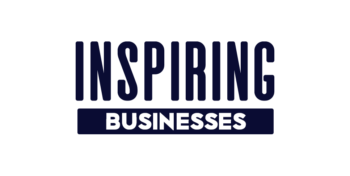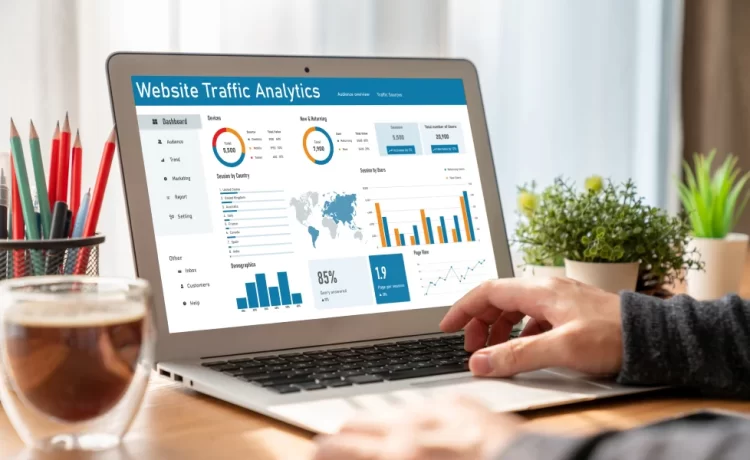In today’s fast-paced digital world, ecommerce has become an essential channel for business growth. Whether you’re launching a new online store or scaling an existing one, having the right team behind your ecommerce efforts can make all the difference. One of the biggest decisions business owners face is choosing between hiring an eCommerce agency or building an in-house team. Each approach has its own advantages and challenges, and the right choice depends on your goals, resources, and operational needs.
In this blog post, we’ll break down the pros and cons of working with an eCommerce agency versus building an in-house team, and provide guidance on how to determine which option is best for your business.
Understanding the Two Models
Before diving into the pros and cons, let’s clarify what each model entails.
eCommerce agency
An eCommerce agency is an external company that provides a range of services including website development, digital marketing, SEO, conversion rate optimization, content creation, and performance analytics. Agencies typically have teams of specialists with experience across various platforms like Shopify, Magento, WooCommerce, and BigCommerce.
In-House Team
An in-house team consists of employees you hire directly to manage your ecommerce operations. This team might include web developers, digital marketers, content creators, and customer service reps who work exclusively for your business.
Pros and Cons of an eCommerce agency
Pros
1. Access to Specialized Expertise
Agencies are made up of professionals who specialize in ecommerce strategy, UX/UI design, PPC, SEO, and more. They bring deep experience from working with diverse clients and industries.
2. Scalability and Flexibility
Agencies can easily scale up their efforts during peak seasons or major campaigns. You get access to a broader talent pool without the need to hire more full-time staff.
3. Cost Efficiency (in the Short Term)
Hiring an agency can be more affordable initially than building a full in-house team. You avoid overhead costs like salaries, benefits, training, and office space.
4. Faster Time to Market
With a full team already in place, agencies can often deliver results faster. If you need to launch a campaign or a new feature quickly, an agency can typically move faster than an in-house team just getting up to speed.
Cons
1. Less Control
Because agencies work with multiple clients, you may not get the level of attention or responsiveness you’d expect from a dedicated team. Communication may also be slower or more formal.
2. Cultural Disconnect
An agency may not fully understand your brand, company culture, or internal goals as deeply as an in-house team would. This can sometimes lead to misalignment in messaging or tone.
3. Ongoing Costs
While often cheaper upfront, agency retainers or hourly fees can add up over time—especially if you require continuous support.
Pros and Cons of an In-House Team
Pros
1. Full Control and Alignment
With an internal team, you have complete control over your ecommerce strategy. Your team understands your brand values, goals, and company culture intimately.
2. Real-Time Collaboration
Having your team under one roof (or virtually available on your own time zone) can enhance communication, speed up decision-making, and encourage cross-functional teamwork.
3. Long-Term Investment
Over time, an in-house team can become more cost-effective. As your business grows, having dedicated resources can lead to more consistent branding and performance.
4. Confidentiality and Security
When you keep operations in-house, there’s less risk of sensitive business data being shared outside your company.
Cons
1. Higher Upfront Costs
Building an in-house team requires a significant investment in salaries, training, tools, and infrastructure.
2. Hiring Challenges
Finding the right talent can be difficult and time-consuming, especially for niche skills like ecommerce SEO or Shopify development.
3. Limited Skill Diversity
It’s hard for one or two people to match the broad range of skills available in a full-service agency. Your team may need to outsource certain tasks anyway.
When to Choose an eCommerce agency
Hiring an eCommerce agency may be the right fit if:
- You’re launching quickly and need expert guidance.
- Your internal resources are limited, and you want to avoid the overhead of hiring.
- You need specialized skills that you can’t find or afford in-house.
- Your business is seasonal, and you want to scale up or down easily.
- You want fast results and proven strategies.
Agencies are particularly useful for short-term projects, rebrands, performance marketing, and ecommerce platform migrations.
When to Build an In-House Team
Going in-house may be the right choice if:
- You’re planning for long-term growth and want to build core competencies internally.
- You want full control over ecommerce strategy and daily operations.
- You have the budget and time to hire and train the right people.
- Brand consistency and cultural alignment are high priorities.
- You expect frequent collaboration between ecommerce, product, and customer support teams.
In-house teams are ideal for businesses with a strong digital foundation or those transitioning ecommerce from a side channel to a primary revenue source.
Hybrid Approach: Best of Both Worlds?
Many businesses find success using a hybrid model—keeping core functions like ecommerce strategy, customer experience, and analytics in-house, while outsourcing specialized tasks like PPC, SEO, or creative work to agencies. This approach allows you to:
- Maintain strategic control.
- Reduce hiring pressure.
- Get expert-level execution where needed.
- Scale certain aspects of the operation flexibly.
The key to a successful hybrid model is clear communication and having a strong internal project manager to coordinate agency deliverables with internal priorities.
Key Questions to Ask Before You Decide
To choose between an eCommerce agency and an in-house team, ask yourself:
- What is my budget for ecommerce operations over the next 12–24 months?
- Do I have the internal expertise to manage ecommerce or will I need ongoing guidance?
- How important is brand alignment and cultural fit in my day-to-day operations?
- Is my ecommerce strategy short-term or long-term focused?
- Am I able to hire and retain top talent, or is outsourcing more realistic?
- How quickly do I need to launch or scale?
Your answers will help determine the structure that best supports your goals.
Final Thoughts
There’s no one-size-fits-all answer when it comes to choosing between an eCommerce agency and an in-house team. Each approach has its strengths and limitations, and your decision should be based on your unique business needs, resources, and growth plans.
If you’re early in your ecommerce journey or need quick wins, an agency might be the best route. If you’re looking to build long-term ecommerce capabilities, consider investing in an internal team. And if you want flexibility and control, a hybrid model might give you the best of both worlds.
No matter which route you choose, make sure your ecommerce strategy is aligned with your broader business objectives and that your team—internal or external—is equipped to deliver measurable results.
Would you like this blog formatted for WordPress or optimized with meta title, meta description, and keywords?







